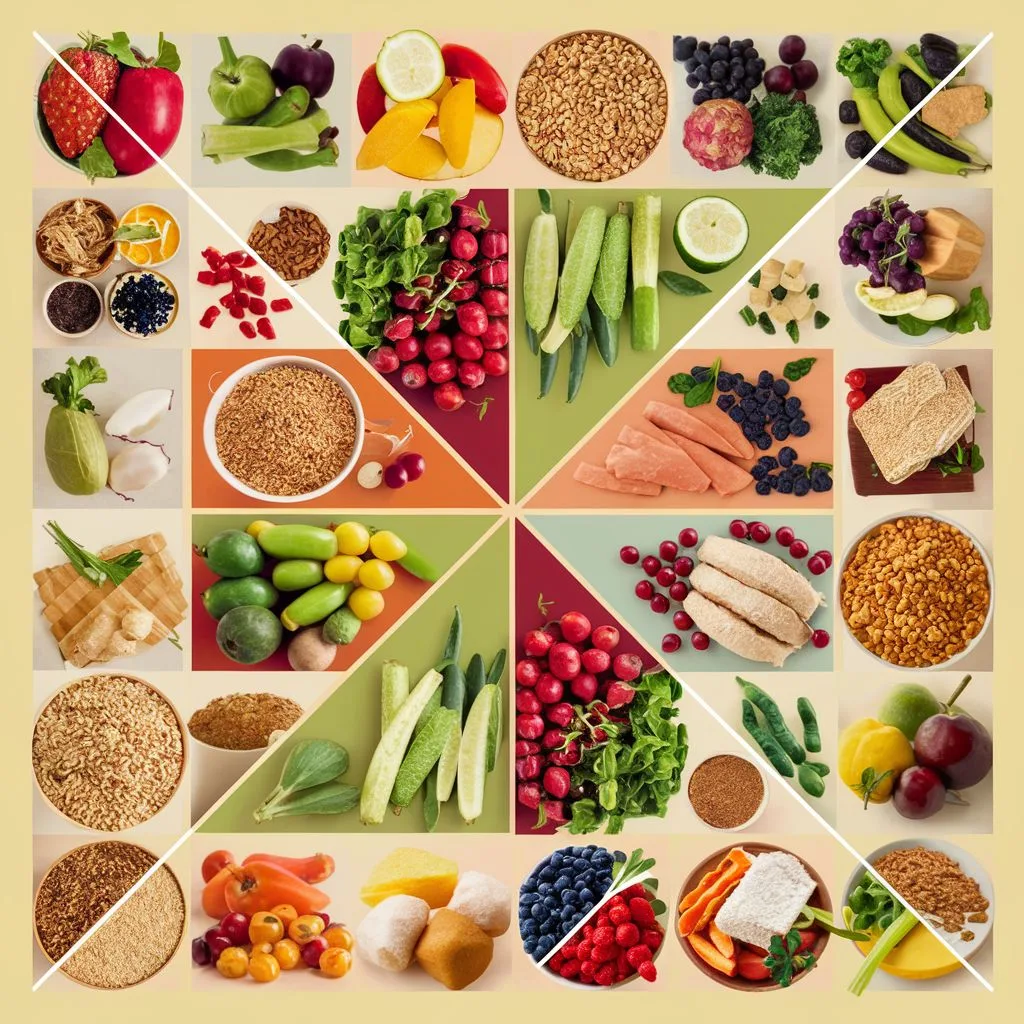Introduction
Barbeque Chicken Nutrition Grill chicken is a darling dish that graces terrace social occasions and eatery menus the same, however, have you at any point pondered its nourishing profile? We’ll take you on a journey through the world of barbecue chicken nutrition in this article, revealing its calorie count, protein powder, fats, and hidden nutritional treasures. By and by, you’ll have a more profound comprehension of this divine dish and how to appreciate it in a reasonable manner that lines up with your dietary objectives.
Barbecue Chicken: A Flavorful Tradition
Let’s take a moment to appreciate barbecue chicken’s diverse flavors and rich history before we get into the nutritional aspects. This dish has been established in different societies and districts, each offering its exceptional curve on the exemplary recipe. From the tart and smoky kinds of Southern grill to worldwide translations including sweet-smelling flavors and marinades, grilled chicken is a culinary practice celebrated around the world.

Calories in Barbecue Chicken
Calories are a major measure of assessing the dietary benefit of any food. How truly do grilled chicken dishes gauge up as far as calorie content? A run-of-the-mill serving of grilled chicken, which incorporates a boneless, skinless chicken bosom or thigh with grill sauce, contains roughly 250-350 calories. The cooking strategy and piece size can impact this carbohydrate content.
Barbecued or smoked grilled chicken will in general be lower in calories contrasted with seared or breaded variants. Additionally, the calorie content might change in light of the sauce utilized, as some grill sauces are higher in sugar and calories than others. However, barbecue chicken continues to be a moderately low-calorie option for people looking for a flavorful protein source.
Protein Powerhouse
Barbecue chicken is celebrated not only for its taste but also for its protein content. How does it contribute to your daily protein needs? A typical serving of barbecue chicken delivers around 25-30 grams of protein. This protein powder is courtesy of the chicken itself, making it an excellent choice for muscle maintenance, repair, and overall growth.
Protein plays a pivotal role in various bodily functions, including the formation of enzymes, hormones, and tissues. Incorporating barbecue chicken into your diet can be especially beneficial for athletes, fitness enthusiasts, and anyone looking to boost their protein intake.

Fats: The Good and the Bad
The fats in barbecue chicken can be a double-edged sword. Let’s explore the types of fats found in this dish and their impact on health. Barbecue chicken contains a mix of fats, including healthy monounsaturated fats from the chicken itself and less healthy saturated fats that can come from the skin or cooking methods.
Choosing lean cuts of chicken without the skin can help reduce the saturated fat content, making your barbecue chicken a heart-friendlier option. Additionally, grilling or smoking the chicken can minimize added fats compared to frying or deep-frying methods.
Carbohydrates and Fiber
While barbecue chicken may not be known for its carbs, there are some hidden factors to consider regarding carbohydrates and fiber. The primary source of carbohydrates in barbecue chicken comes from the barbecue sauce, which often contains sugars and starches. As a result, a typical serving of barbecue chicken may contain 10-20 grams of carbohydrates.
It’s important to note that barbecue sauce can vary significantly in sugar content, with some sauces being sweeter than others. If you’re watching your carbohydrate intake or blood sugar levels, choosing a barbecue sauce with lower sugar content can be a mindful choice. Additionally, barbecue chicken doesn’t provide significant fiber, so consider pairing it with fibrous side dishes like vegetables or whole grains for a balanced meal.
Micronutrients in the Mix
Beyond macronutrients, barbecue chicken offers a variety of essential vitamins and minerals. Let’s uncover these nutritional treasures. Barbecue chicken contains several micronutrients, including B vitamins like niacin (B3), which supports energy metabolism, and vitamin B6, essential for brain development and function.
Moreover, chicken is a source of minerals like iron, crucial for transporting oxygen in the blood, and zinc, vital for immune function and wound healing. While these micronutrients may not be present in exceptionally high amounts in barbecue chicken, they contribute to your overall nutrient intake.
Health Considerations and Moderation
Balancing the deliciousness of barbecue chicken with health-conscious choices is key. What should you keep in mind? Here are some tips to enjoy barbecue chicken while making nutritious choices:
- Opt for lean cuts: Choose boneless, skinless chicken breasts or thighs to reduce saturated fat intake.
- Mind your portions: Be mindful of portion sizes to avoid excessive calorie consumption.
- Sauce wisely: Select barbecue sauces with lower sugar content or use them sparingly.
- Cooking methods: Grill or smoke your chicken for a lower-fat preparation compared to frying or breading.
- Balanced plate: Complement your barbecue chicken with fiber-rich vegetables and whole grains for a well-rounded meal.
Homemade Barbecue Chicken Recipes
Ready to take the reins and cook up some mouthwatering barbecue chicken at home? Here are some delectable recipes to get you started:
Classic Barbecue Chicken: Ingredients:
- 4 boneless, skinless chicken breasts
- 1 cup of your favorite barbecue sauce
- 1 tablespoon olive oil
- Salt and pepper to taste
Instructions:
- Preheat your grill to medium-high heat.
- Season the chicken breasts with salt and pepper, then brush them with olive oil.
- Grill the chicken for 5-7 minutes per side, brushing with barbecue sauce during the last few minutes of cooking.
- Serve hot with extra sauce for dipping.
Honey Mustard Barbecue Chicken: Ingredients:
- 4 boneless, skinless chicken thighs
- 1/2 cup barbecue sauce
- 1/4 cup honey
- 2 tablespoons Dijon mustard
- 1 clove garlic, minced
- Salt and pepper to taste
Instructions:
- In a bowl, whisk together barbecue sauce, honey, Dijon mustard, minced garlic, salt, and pepper.
- Marinate the chicken thighs in the sauce for at least 30 minutes.
- Preheat your grill to medium heat.
- Grill the chicken for 6-8 minutes per side, basting with the marinade as it cooks.
- Serve hot with extra sauce for drizzling.
These homemade recipes allow you to enjoy the refreshing taste of Italian ice while controlling the ingredients and sugar content. You can customize the sweetness level to suit your taste preferences and dietary needs.
Informed Indulgence
As you relish the next bite of barbecue chicken, you’ll do so with a newfound appreciation for its nutritional qualities. Armed with the knowledge of its calorie count, protein power, fats, and hidden micronutrients, you can enjoy this beloved dish as a flavorful and nourishing part of your diet.
FAQs About Barbecue Chicken Nutrition
Got burning questions about barbecue chicken nutrition? We’ve got answers.
Q1: Is barbecue chicken high in saturated fat? A1: The saturated fat content in barbecue chicken can vary depending on factors like the cut of meat and cooking method. Choosing lean cuts and grilling or smoking the chicken can help reduce saturated fat intake.
Q2: Can I enjoy barbecue chicken if I’m watching my sugar intake? A2: You can enjoy barbecue chicken while moderating your sugar intake by selecting barbecue sauces with lower sugar content or using them sparingly.
Q3: What are the healthiest ways to prepare barbecue chicken? A3: Grilling or smoking barbecue chicken with lean cuts and minimal added fats is a healthier preparation method compared to frying or breading. Pair it with fiber-rich side dishes for a balanced meal.
Q4: Are there any specific nutrients in barbecue chicken that I should be aware of? A4: Barbecue chicken contains essential nutrients like B vitamins (niacin and vitamin B6), iron, and zinc, which contribute to overall health. While not exceptionally high, they are valuable additions to your diet.






